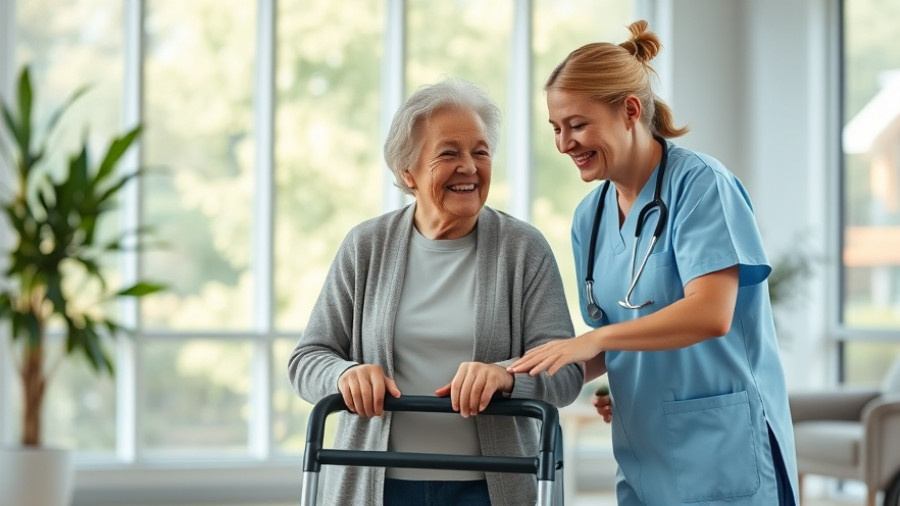
Understanding the Value of At-Home Elder Care
As the population ages, the demand for elder care solutions is on the rise, with many families in Clearwater, Hillsborough County, Pasco County, and Tampa opting for at-home care. This tailored approach not only meets the medical needs of seniors but also addresses their emotional well-being—an essential factor often overlooked in institutional settings.
Personalized Care: A Key Advantage
One of the primary advantages of at-home care is its personalized nature. Caregivers can devote their full attention to one client at a time, customizing the care plan to address each individual's specific needs. This level of personalized service promotes a higher standard of compassion and effectiveness—qualities that institutional settings may struggle to provide.
The Comfort and Familiarity of Home
Being in a familiar environment offers crucial comfort for elderly patients, particularly those suffering from cognitive impairments like dementia or Alzheimer’s disease. Home settings can ease stress and confusion, fostering a sense of independence and routine that is vital for emotional stability and overall health.
Reducing Health Risks Through Home Care
At-home elder care minimizes the risks associated with infections that are often prevalent in hospitals and care facilities. Seniors receiving care at home are less exposed to pathogens, leading to better health outcomes and enhanced well-being.
Family Participation: A Collaborative Approach
Another significant aspect of at-home care is the active involvement of family members in the care process. This engagement not only allows families to monitor progress closely but also fosters communication and trust among caregivers, patients, and families. Together, they can create a supportive environment that enhances the quality of care.
The Cost-Effectiveness of At-Home Care
Many families find that at-home care is often more economical than long-term stays in care facilities. With options ranging from just a few hours a day to 24/7 support, families can select a level of care that fits their financial situation. This flexibility often leads to greater satisfaction for both seniors and caregivers.
Emotional Well-Being: An Overlooked Benefit
The advantages of at-home elder care go beyond physical needs; emotional well-being is greatly enhanced as well. The companionship and personalized attention received in the comfort of home create a nurturing environment where seniors can thrive, reducing anxiety and improving overall quality of life.
In conclusion, at-home elder care provides a compassionate, tailored solution that not only promotes health but also preserves the dignity and happiness of aging individuals. As families weigh their options, the benefits are compelling—focusing on health, comfort, and emotional support in familiar surroundings.
 Add Row
Add Row  Add
Add 




Write A Comment